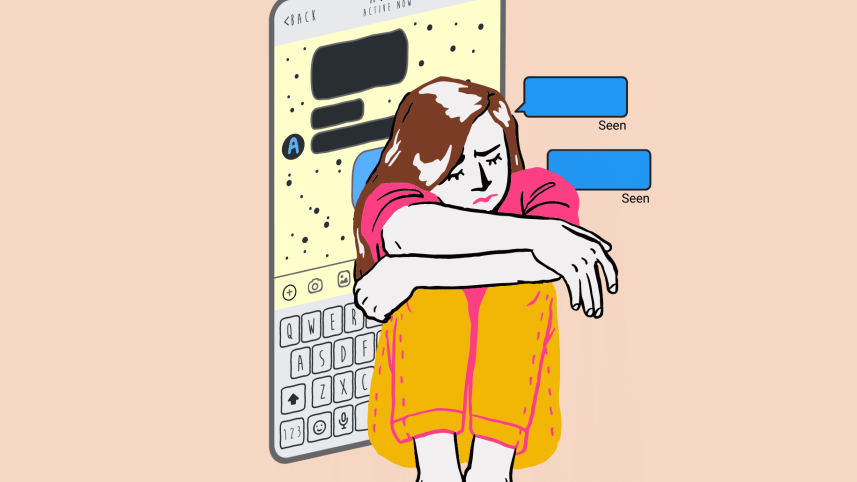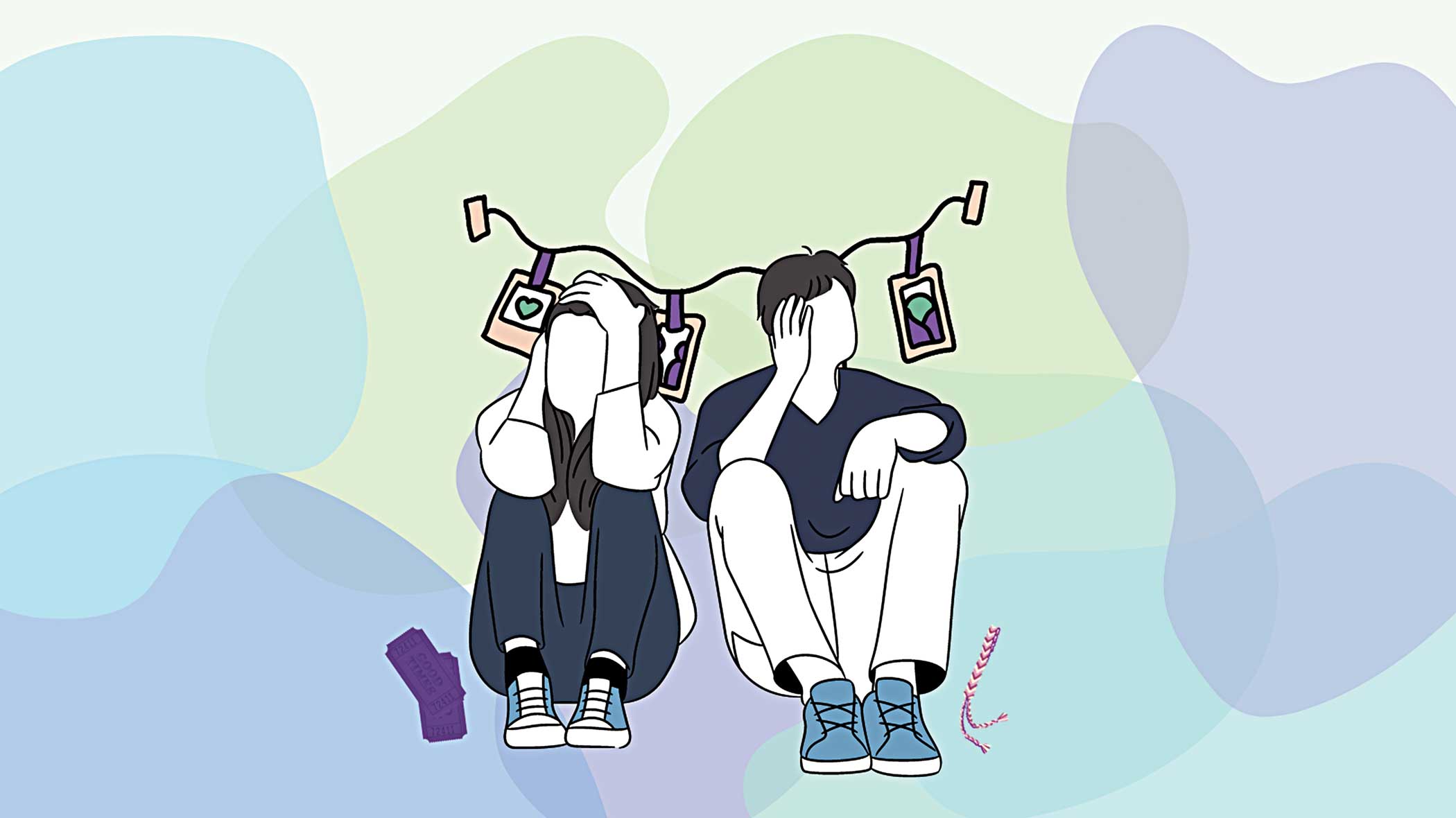The perils of ghosting, as told by a ghoster

On one hand, ghosting is a very convenient social tool for those who strongly dislike the mess of confrontation, and on the other, it is a devastating response that steals your emotional security.
From destroying friendships to halting texts from annoying acquaintances, ghosting is something we've all dealt with. We've ghosted others, been ghosted ourselves, and have gleefully watched the drama unfold when we were neutral third parties. Regardless of whatever side of the ghosting debate you've been on, we can all agree that the emotional consequences aren't pleasant.
Now, I'm not talking about when you stop replying to creepy texts from that distant uncle or that one dude who has been texting you "kmn aco…???" every year since 2015. The ghosting I want to examine is the one that makes the person on the receiving end contemplate what they did wrong in a hundred different ways to drive away a close friend (or something more). While I can't speak for every relationship, ghosting is usually not a cause and effect situation but more of a choice on the part of the ghoster.
A benign reason that we resort to ghosting is simply because we don't have the energy to text back. While being a social butterfly seems to come naturally to many people, it's just a reality that we cannot hold on to that social energy 24/7. So, we don't reply to our friends. Then, days go by and explaining the hiatus seems like a monumental task. We, therefore, tuck our tails in shame and ghost away. Yet even this explanation doesn't stop the emotional damage; the guilt and loss we feel, or the hurt our ghosted friends feel.
Another not so benign reason we ghost is that we'd rather pretend we've suddenly moved to another continent than to have a difficult conversation to address why we no longer want to talk with someone, or why we lost interest in them. Even for me, the irony of being branded "the social media generation" and having an average of twenty internet friends while being deathly afraid of any type of confrontation is a bit much at times.
For a generation so connected with people, constantly aware and vigilant about every social justice wave, we despise simple confrontation with the vehemence of a toddler refusing to eat their vegetables. It's amusing and slightly pitiful at the same time. All of this is said with full awareness of my own circumstances, so the criticism is entirely self-inflicted (a GenZ hallmark truly).
Although ghosting isn't a new problem that millennials invented (as much as they would like to believe), it has only recently been increasing because of how easy the internet makes it. We all know how being a victim of ghosting can bring out our biggest insecurities and cost us a lot of our emotional security. Yet we don't realise that doing the ghosting can hurt us too.
Now, let's not dive into the argument that ghosting is an avoidance of accountability, and thus, is morally reprehensible. The argument doesn't stop us from doing it (at least not for me); it merely adds to our guilt.
However, we have to determine whether a habit of ghosting might be an indicator of a bigger problem. Our fear of conflict and our surrender to it will cost us in every relationship, romantic or otherwise, because this pattern of behaviour will rear its ugly head every time we are challenged in our journey of companionship.
The internet is our enabler while we sabotage ourselves every time we ghost a friend or a partner. So, I hope you realise that the reality of a confrontation is far less frightening than the reality where we lose friendships and spiral through guilt because we never learn that communication (even a heated argument) is just another wonderful aspect of being a decent human being.
Nushba is uselessly raging about the patriarchy and crying because her cat doesn't love her. Please send help at nushba.tajreen@gmail.com.
 For all latest news, follow The Daily Star's Google News channel.
For all latest news, follow The Daily Star's Google News channel. 
Comments